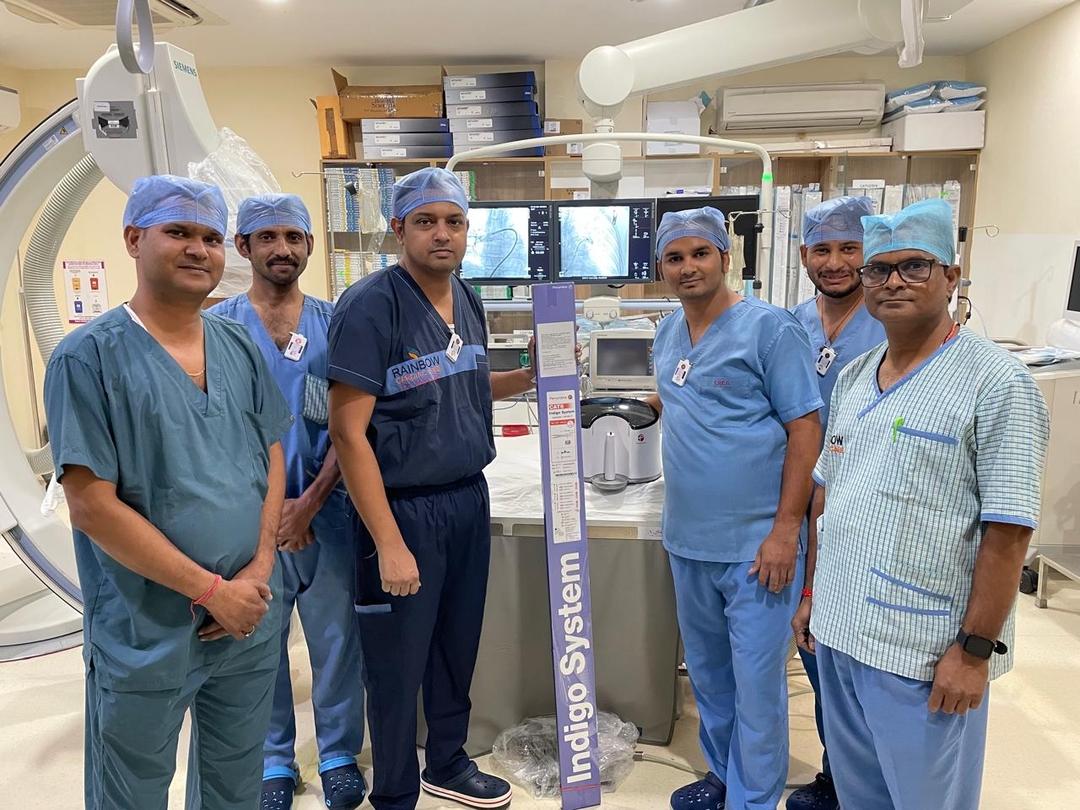
All you need to know about Hernia
By Ujala Cygnus
Reviewed by : Jalaz Jain
January 20, 2025
Overview
A hernia is a disorder in which there is a breach in the continuity of internal organs, and any of the internal organs protrude into another. It is commonly seen in the abdominal cavity, especially between the hips and chest.
Types
Hernias are of different types depending on their location and cause. Those are:
Causes
Hernias are commonly caused due to pressure or due to an opening with weak muscles or fascia on the lining of internal organs. The pressure eventually pushes the organ tissue through the weak area. The weak area is often present since birth. However, it may also occur later in life. Some other causes include:
Symptoms
Hernias often produce a lump or a bulge in the abdomen that becomes invisible on lying down. The lump appears on performing activities that apply pressure on the abdomen, such as laughing, coughing, crying or straining during a bowel movement.
Other symptoms include:
Hiatal hernias do not cause bulges outside the body. Its symptoms are indigestion, heartburn or acidity, dysphagia and regurgitation.
Diagnosis
Most hernias require a physical examination for diagnosis by a physician or a specialist. Some imaging techniques like an ultrasound, CT scan, or MRI may be needed to confirm the diagnosis of abdominal hernias. Hiatal hernias fail to be diagnosed by physical exam only and require imaging techniques such as upper GI scans done in radiology or by upper endoscopy.
Treatment
Hernia can only be treated with surgery. There are three main types of surgeries employed:
Prevention
Hernias can be prevented by:
Loading...












